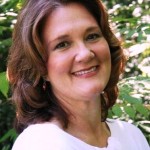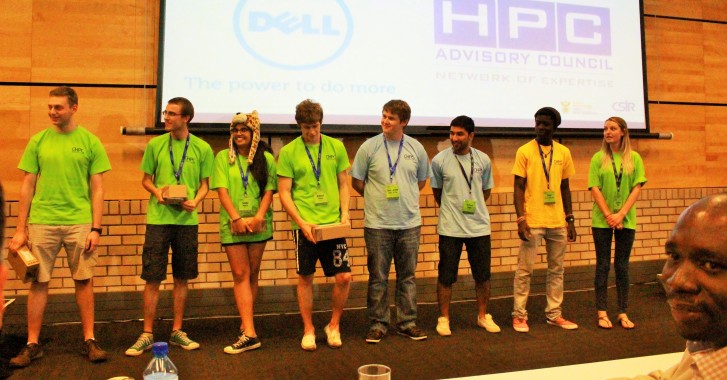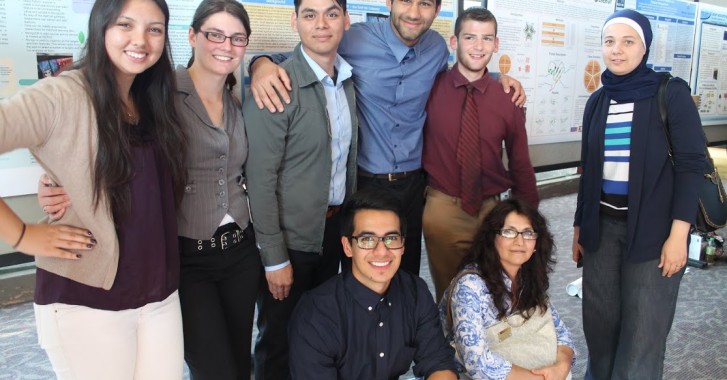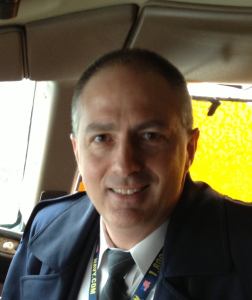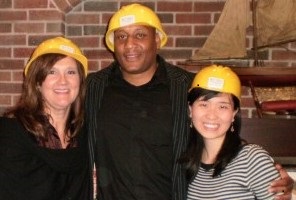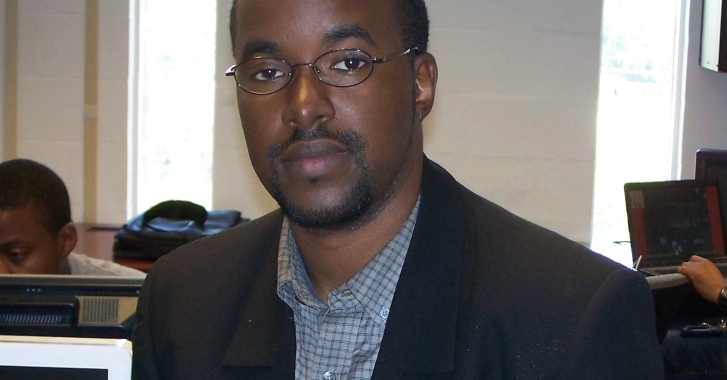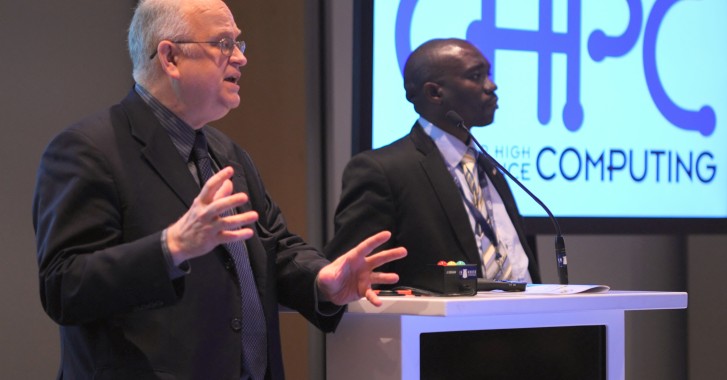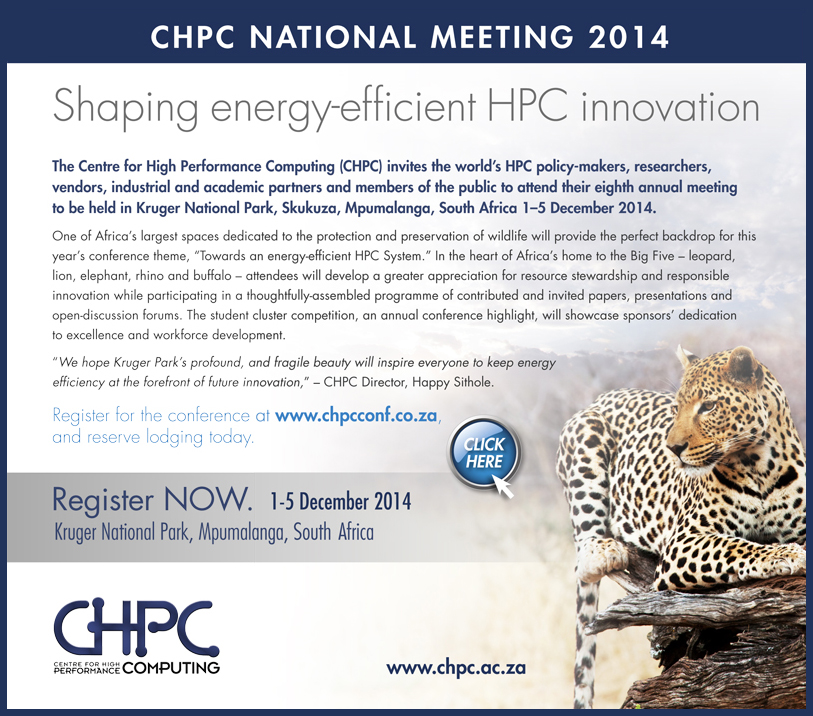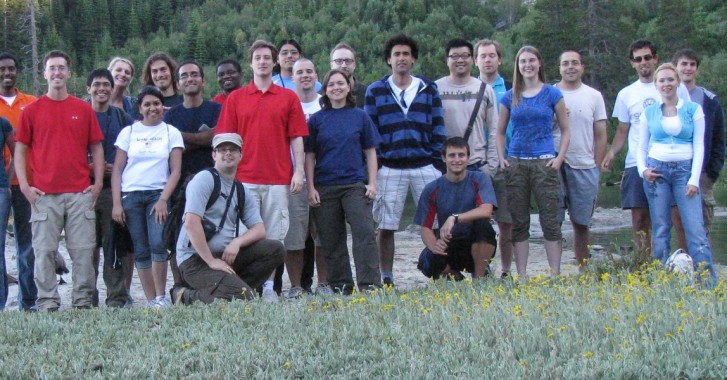I was pleased to read the recent New York Times article titled “Travel Industry Responds to Rise in Solo Sojourners.” Twenty-four percent of people who travel abroad are alone. I’ve traveled often over the past 10 years, and it’s almost always solo because it’s usually work-related.
Traveling alone can present security challenges, but I’ve always felt safe; probably because I’m experienced and know what to watch out for. I have some tips for anyone who is reluctant to strike out on their own. Exercising common sense, and following these rules could prevent you from having a bad experience.
Physical Security
Before leaving home, put a hold on snail mail and newspapers, and set a …


